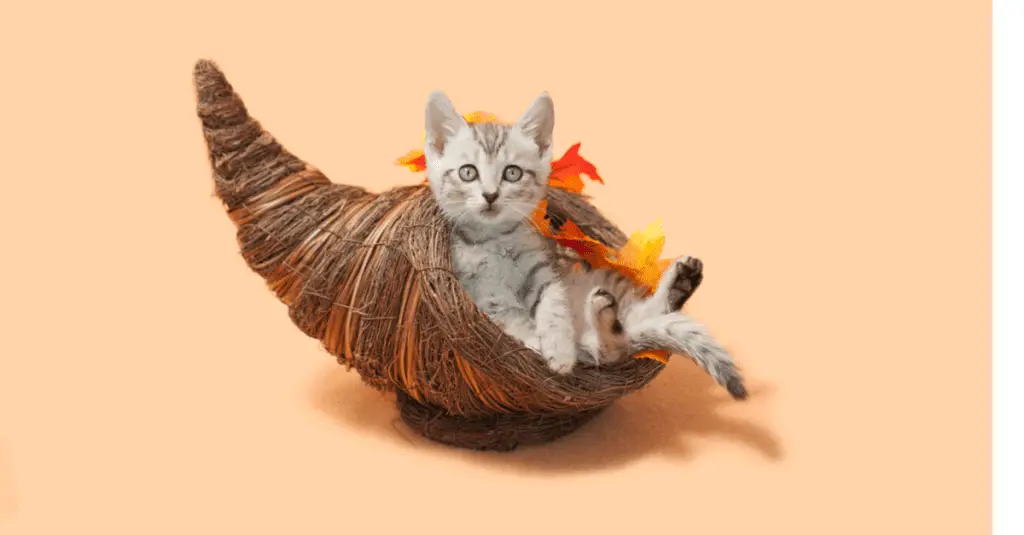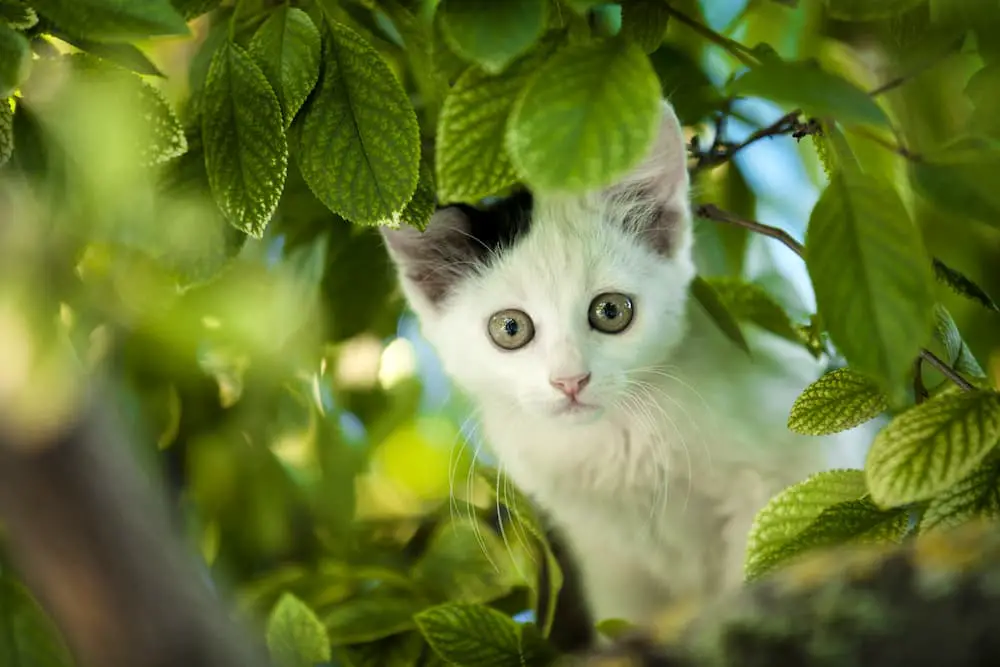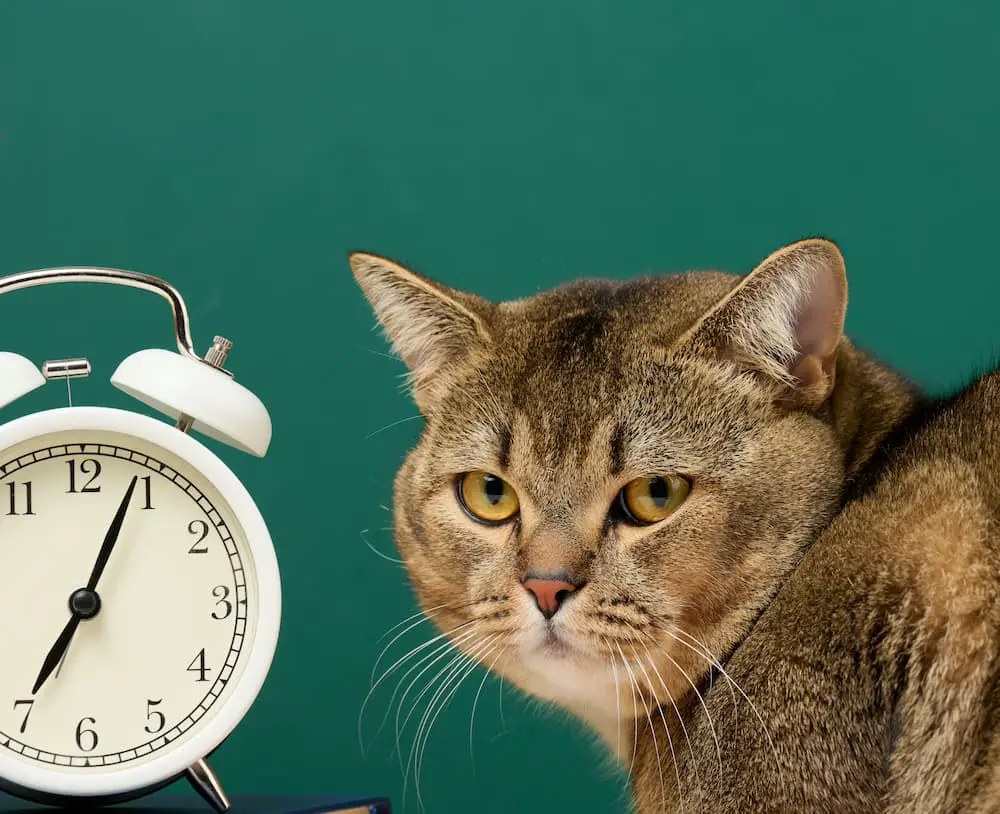
If you have a cat, it’s important to be aware of the dangers of lilies. Harmless to people, these popular flowers are extremely toxic to cats and can cause serious health problems if they are ingested. In this article, we will discuss the symptoms of lily poisoning in cats, as well as what to do if your cat eats a lily.
Are All Lilies Toxic to Cats?
Lilies are extremely popular, both in outside gardens and in floral bouquets. They’re loved for their beauty, variety, and sweet scent. Unfortunately, they all pose a significant danger to our feline friends.
True lilies and daylilies are the most dangerous — every part of the plant from the stem to the pollen is toxic. In fact, if your cat drinks the water from a vase of lilies, they can go into fatal kidney failure within days.
What are the most toxic lilies?
The most dangerous lilies are the members of the Lilium and Hemerocallis genera. This includes common plants like tiger lilies, Easter lilies, stargazer lilies, daylilies, Asiatic lilies, and more.
These plants are so toxic, that even if your cat brushes against one, gets pollen on their fur, and then grooms it off later, they could go into kidney failure.
For this reason, it’s best to keep all lilies out of your house. If you receive a bouquet of flowers with lilies in it, put it somewhere that your cat cannot access it (or put it outside).
What about other plants that aren’t “true lilies”?
There are several plants with “lily” in the name that aren’t actually lilies, like calla lilies and peace lilies. They aren’t as toxic as true lilies, but they contain insoluble crystals of calcium oxalates and can cause irritation of the face and mouth and gastrointestinal upset if ingested. Lily-of-the-valley contains toxins that will cause an abnormal heartbeat. The roots (tubers) of the Gloriosa lily are toxic enough to cause multi-organ failure. The Peruvian lily will cause mild vomiting and diarrhea.
What are the Symptoms of Lily Poisoning in Cats?
Common symptoms that your cat may be suffering from lily poisoning include:
- Vomiting
- Diarrhea
- Lethargy
- Decreased appetite
- Dehydration
- Dark or bloody urine
- Tremors
- Seizures
- Difficulty breathing
- Coma
If your cat displays any of the above symptoms, take them to a vet immediately. Time is of the essence with lily poisoning, as it can cause irreversible kidney damage if left untreated.

What Should You Do If Your Cat Eats a Lily?
If your cat has eaten even a small part of a lily, take them to the vet immediately. Vomiting and activated charcoal may be used to reduce the amount of toxins in their body before they can cause serious damage.
Your vet may also recommend intravenous fluids to flush the toxins out of their system. In some cases, cats may require kidney dialysis or other more intensive treatments.
The Bottom Line
Lilies are extremely dangerous for cats and can cause life-threatening poisoning if ingested. If your cat has eaten any part of a lily, it is imperative that you take quick action. With prompt treatment, your cat may be able to make a full recovery.
As a responsible pet parent, it’s important to keep your home lily-free and always check with florists before purchasing any bouquets or arrangements that may contain lilies. If you suspect your cat has eaten a lily, don’t wait — get to the vet right away.
The Catington Post is reader-supported. That means, if you make a purchase through links on our site, we may earn an affiliate commission. All images and names which are not the property of The Catington Post are the property of their respective owners.







